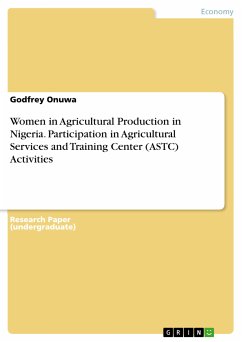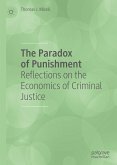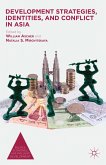The last two decades have ushered in what has become known as a participatory revolution, with consultants, advisors, and non-profits called into communities, classrooms, and corporations alike to listen to ordinary people. With exclusively bureaucratic approaches no longer en vogue, authorities now opt for "e;open"e; forums for engagement. In The Participation Paradox Luke Sinwell argues that amplifying the voices of the poor and dispossessed is often a quick fix incapable of delivering concrete and lasting change. The ideology of public consultation and grassroots democracy can be a smokescreen for a cost-effective means by which to implement top-down decisions. As participation has become mainstreamed by governments around the world, so have its radical roots become tamed by neoliberal forces that reinforce existing relationships of power. Drawing from oral testimonies and ethnographic research, Sinwell presents a case study of one of the poorest and most defiant Black informal settlements in Johannesburg, South Africa - Thembelihle, which consists of more than twenty thousand residents - highlighting the promises and pitfalls of participatory approaches to development.Providing a critical lens for understanding grassroots democracy, The Participation Paradox foregrounds alternatives capable of reclaiming participation's emancipatory potential.
Dieser Download kann aus rechtlichen Gründen nur mit Rechnungsadresse in A, B, BG, CY, CZ, D, DK, EW, E, FIN, F, GR, HR, H, IRL, I, LT, L, LR, M, NL, PL, P, R, S, SLO, SK ausgeliefert werden.









